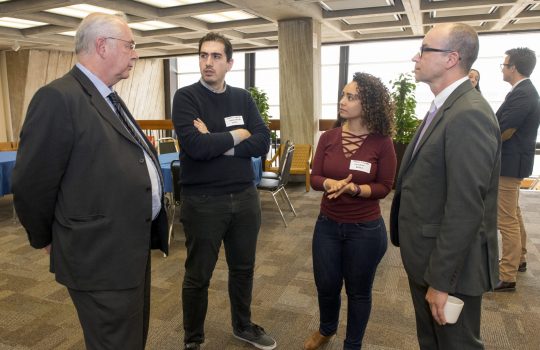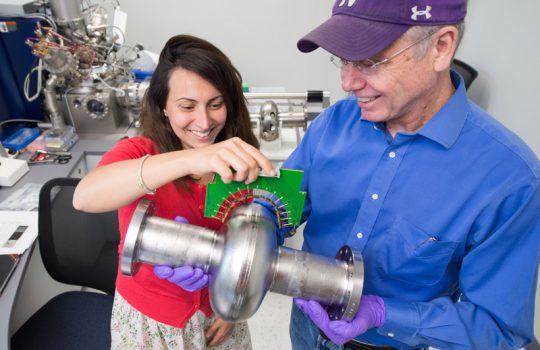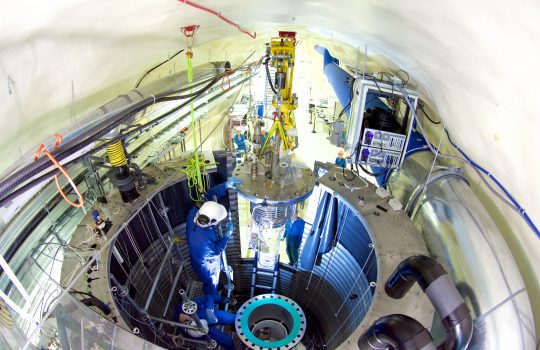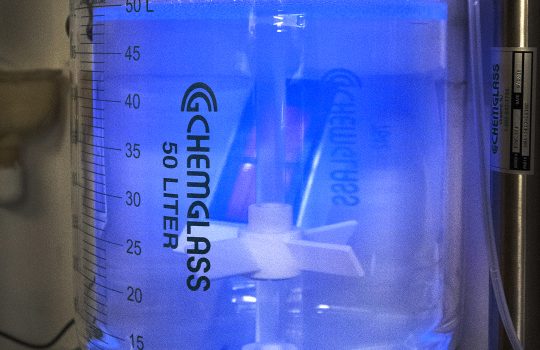Northern Illinois flourishes as accelerator R&D hub under Fermilab leadership
- accelerator
- accelerator science
- accelerator technology
- Argonne
- Argonne National Laboratory
- education
- Illinois
- Illinois Institute of Technology
- Northern Illinois University
- Northwestern University
- University of Chicago
Fermilab and partners in northern Illinois have established the region as a leader in particle accelerator science and technology. Few places in the world boast such a concentrated effort in particle acceleration research, developing and building cutting-edge particle accelerators, and growing an accelerator-focused workforce.





